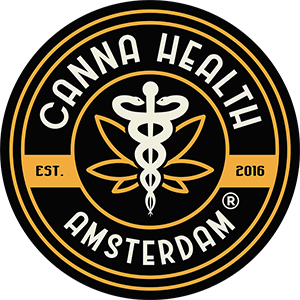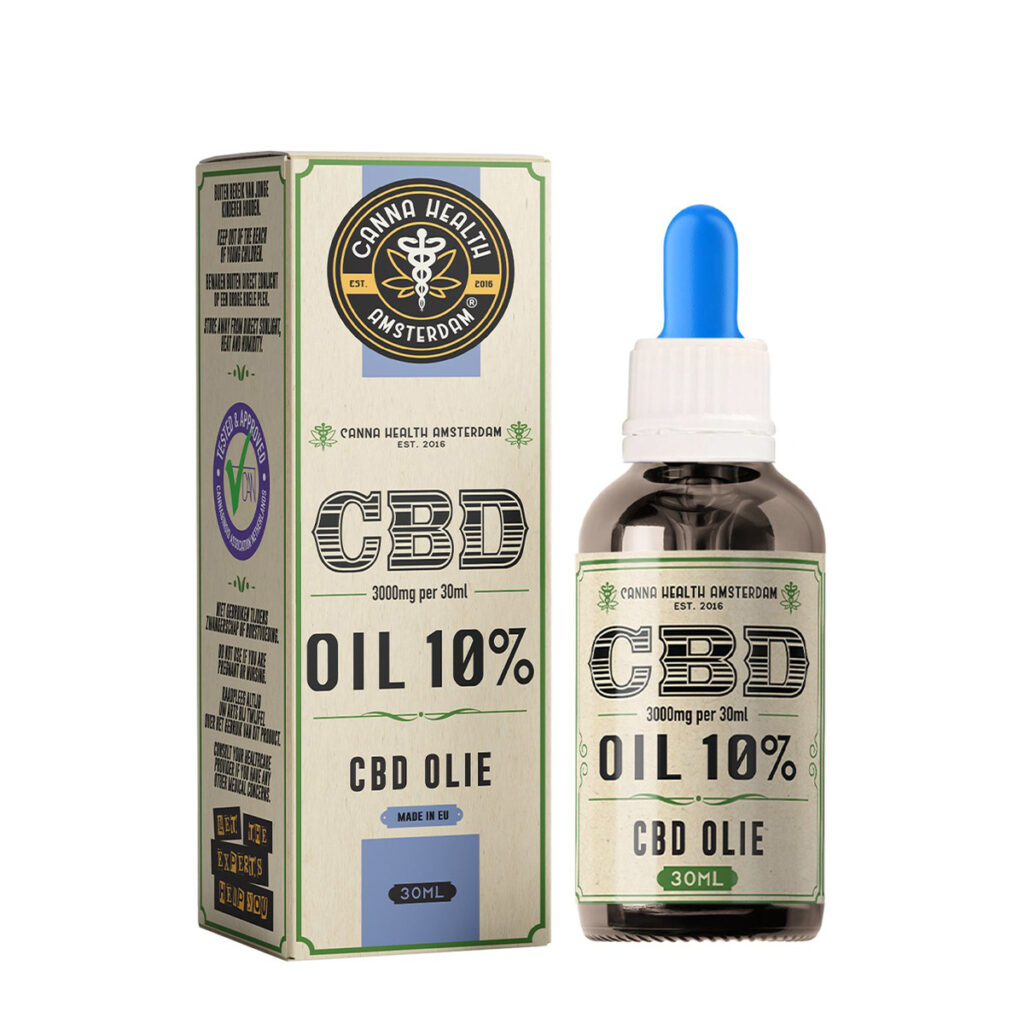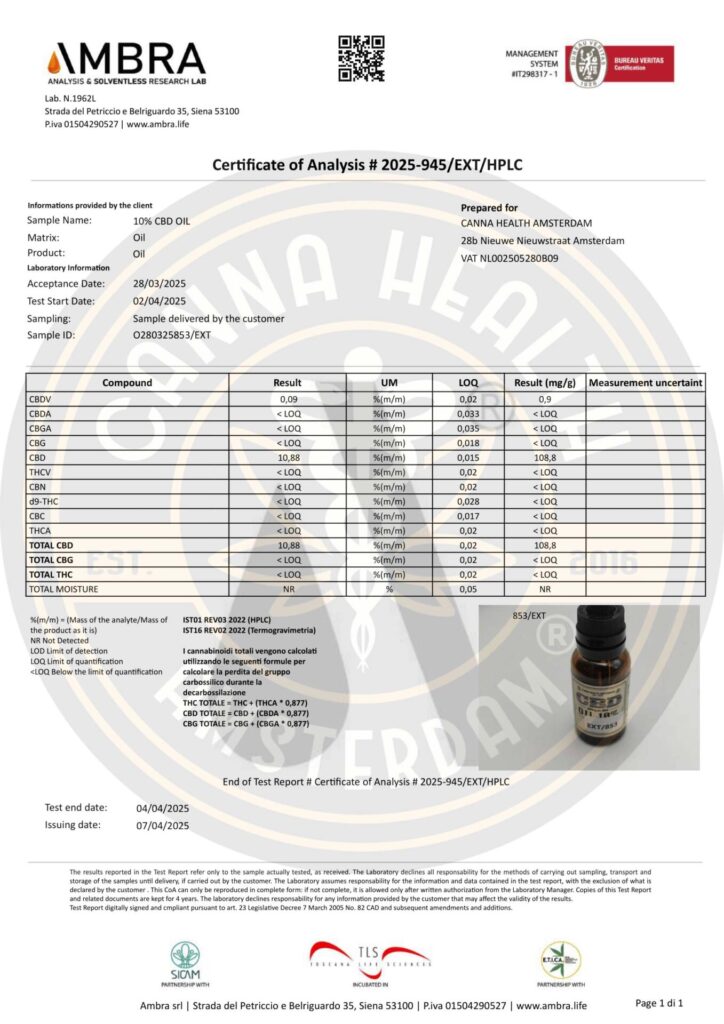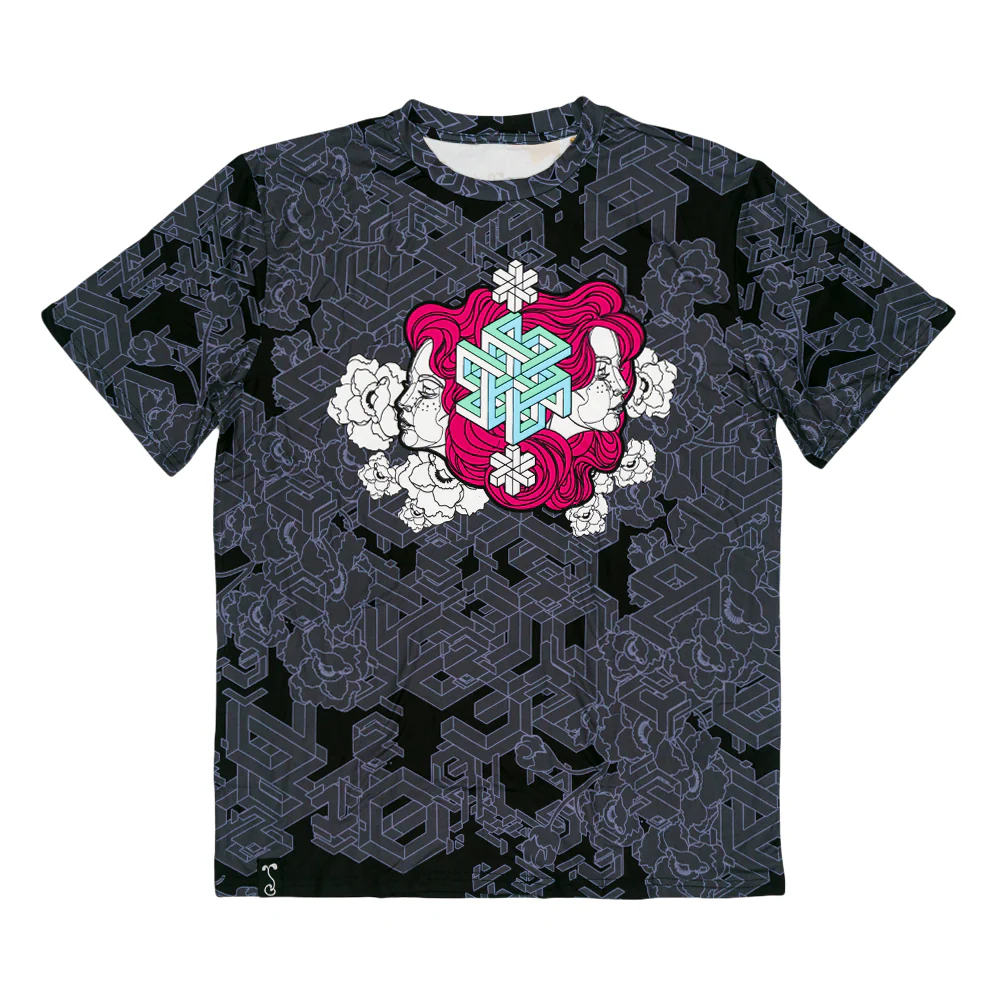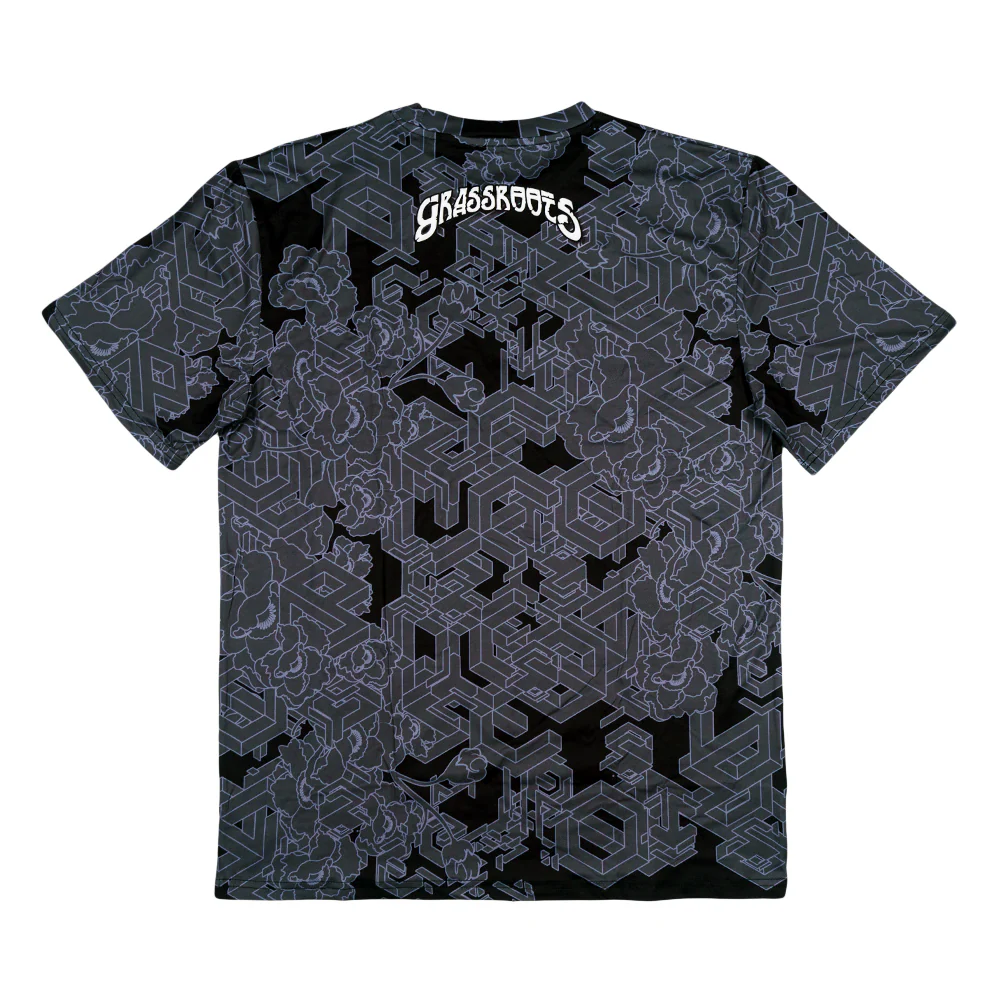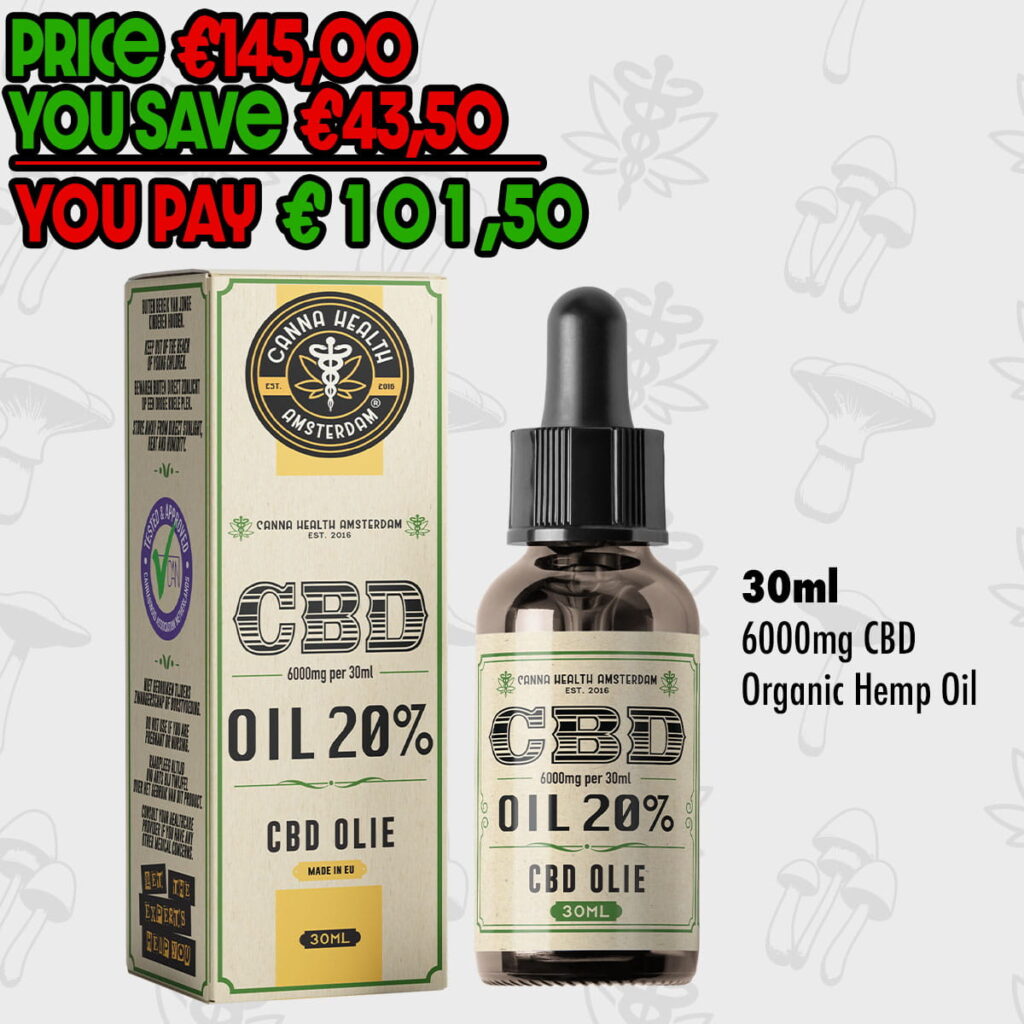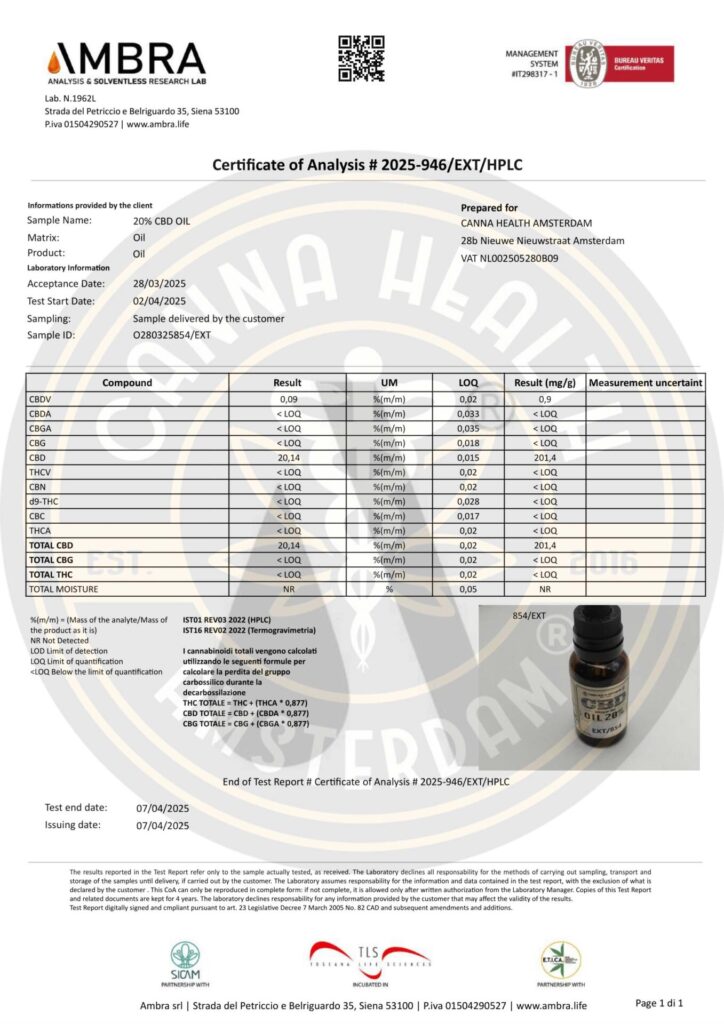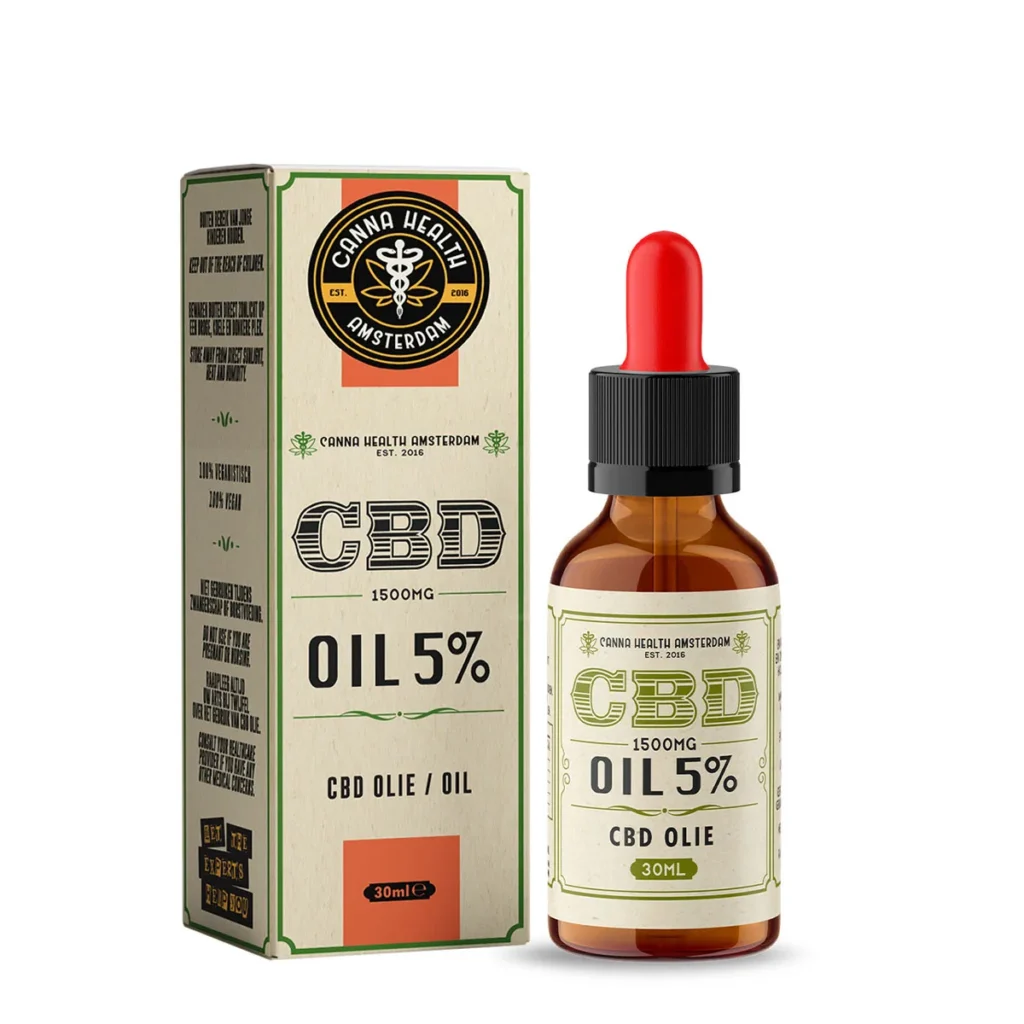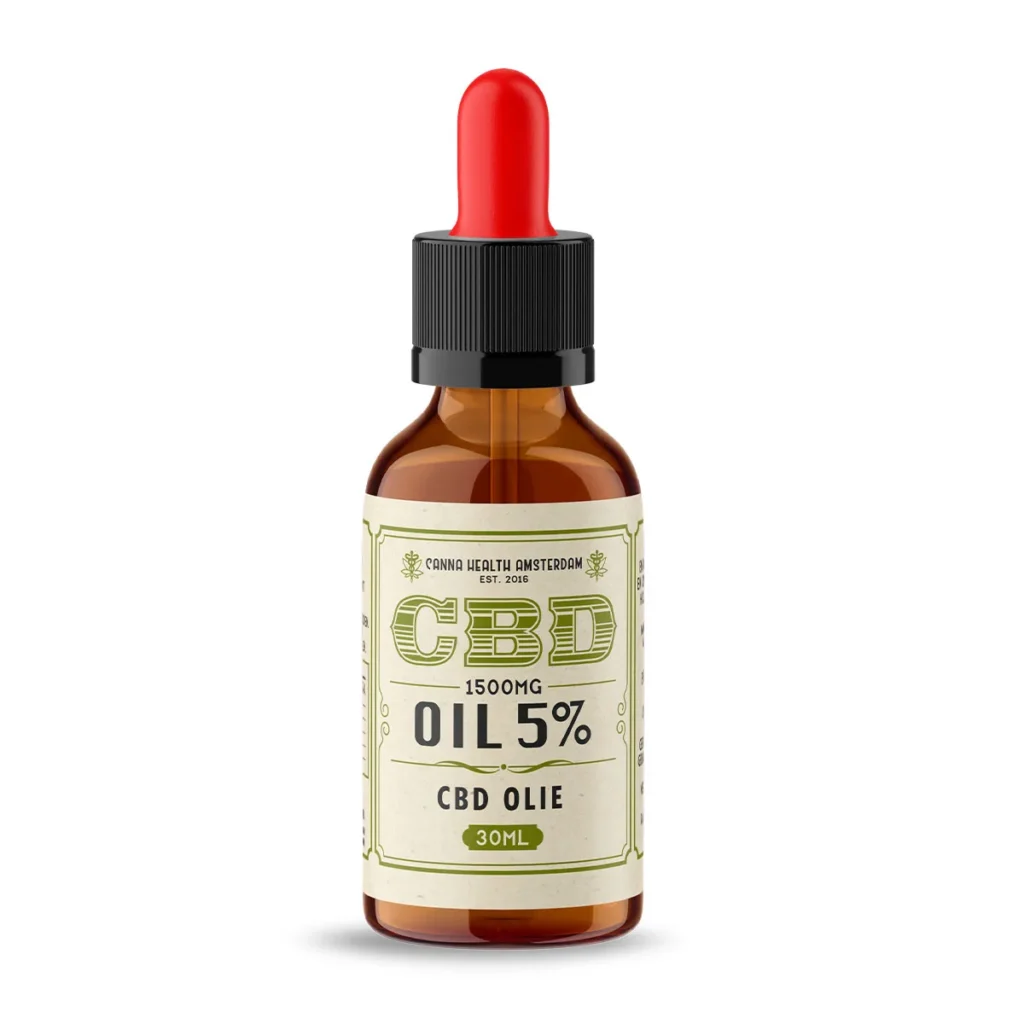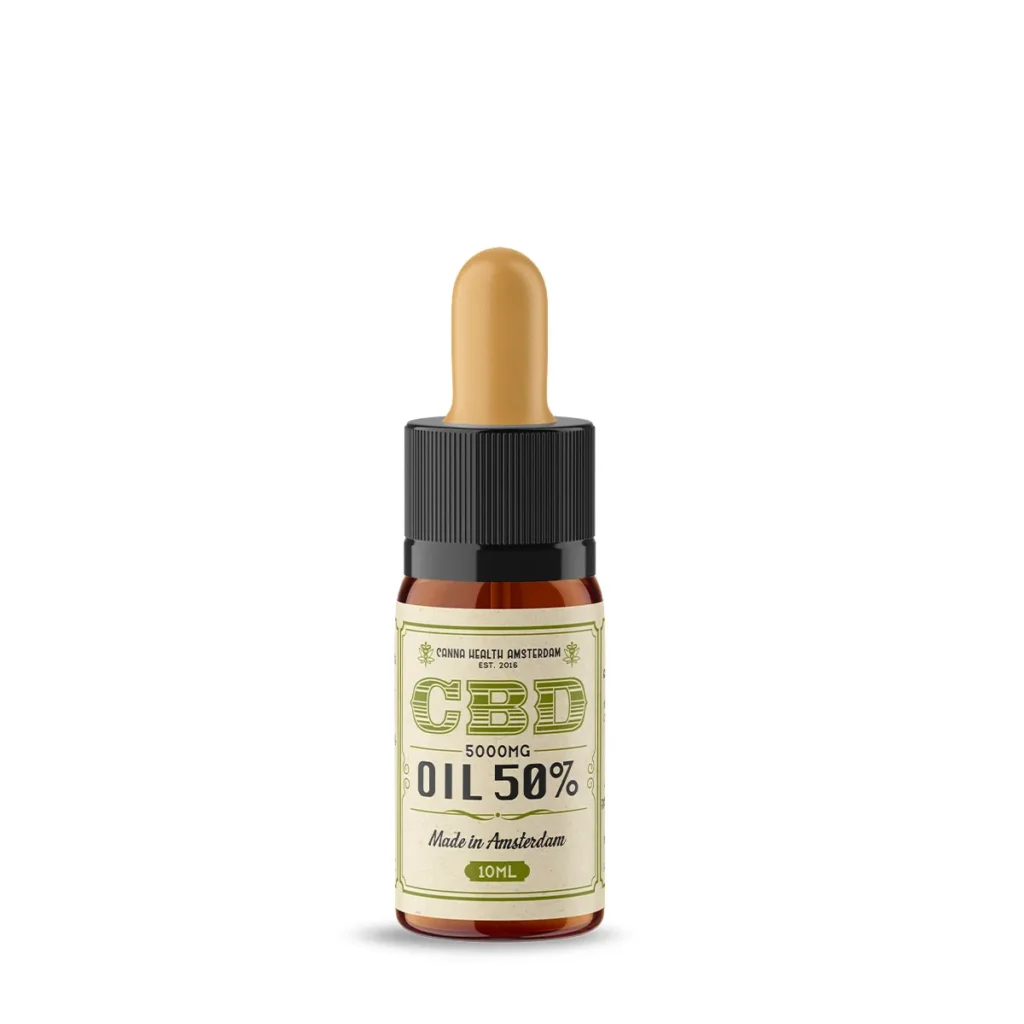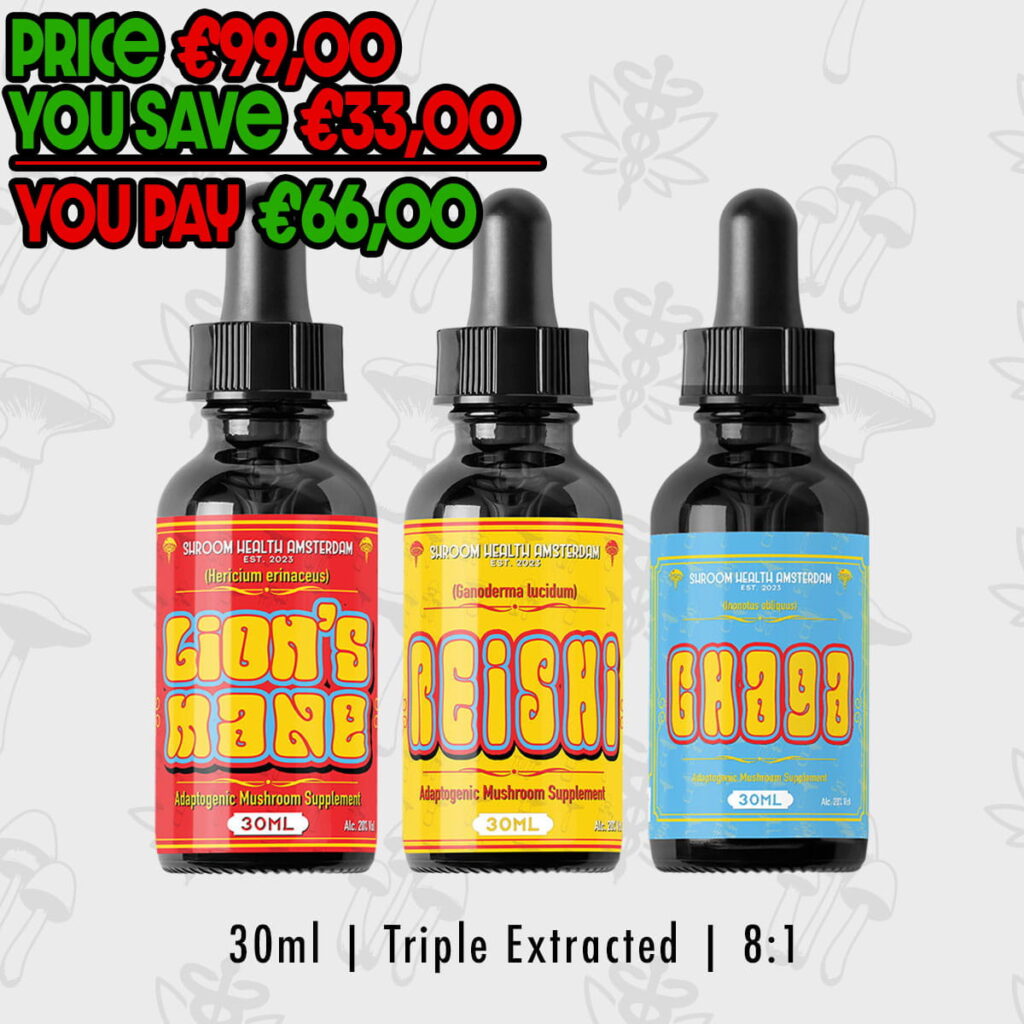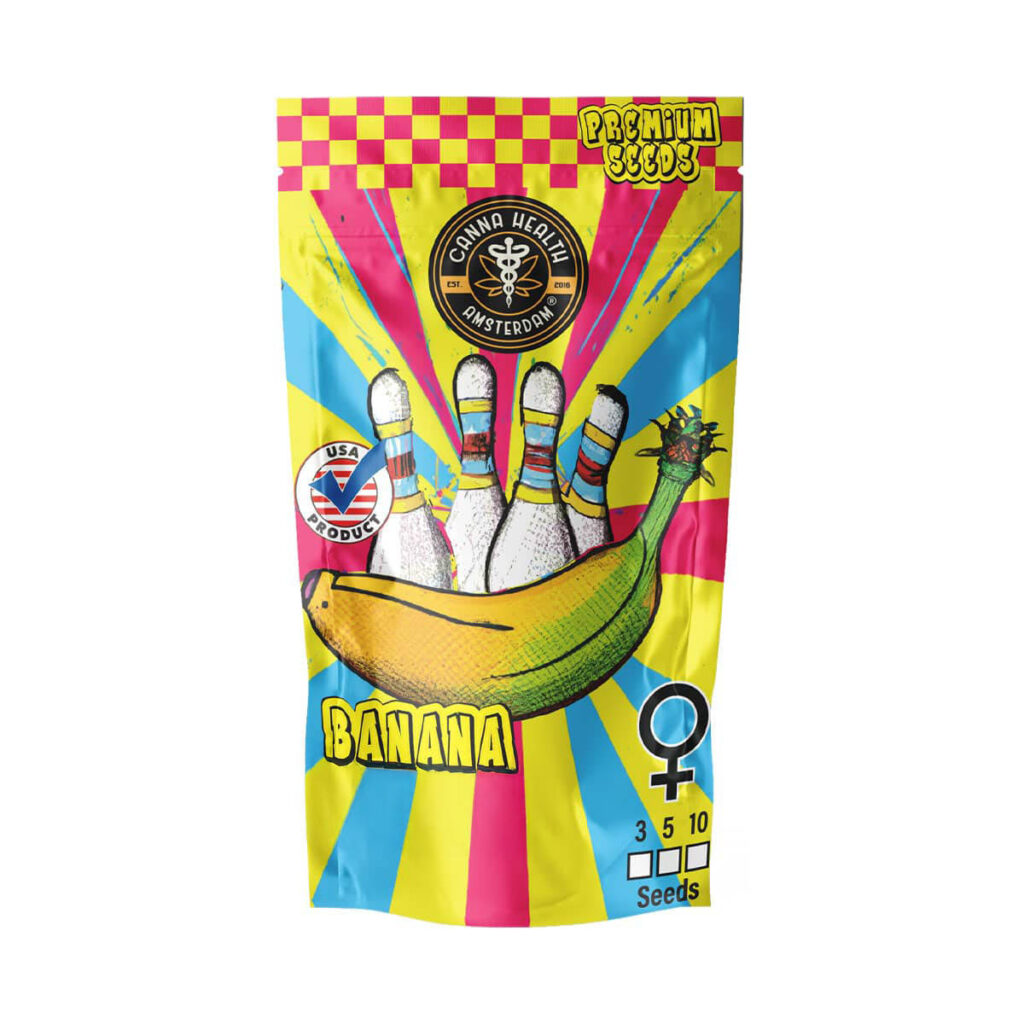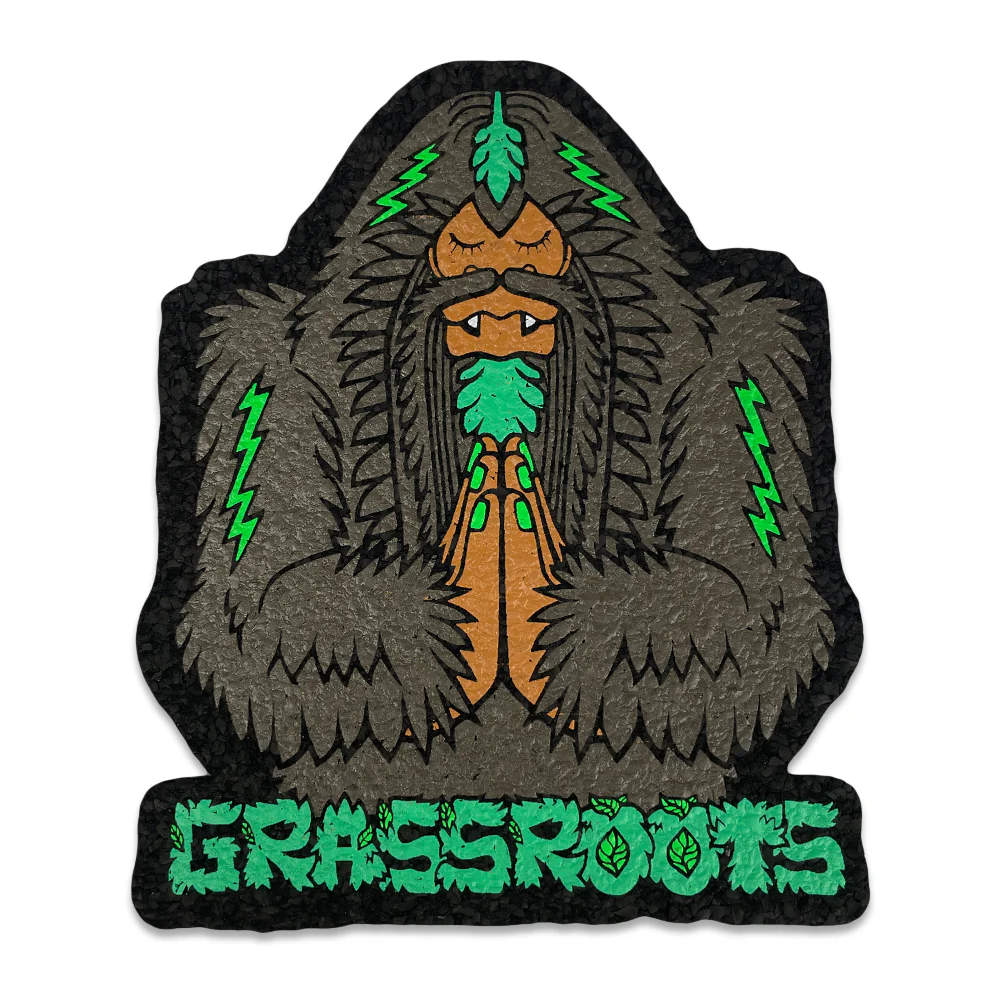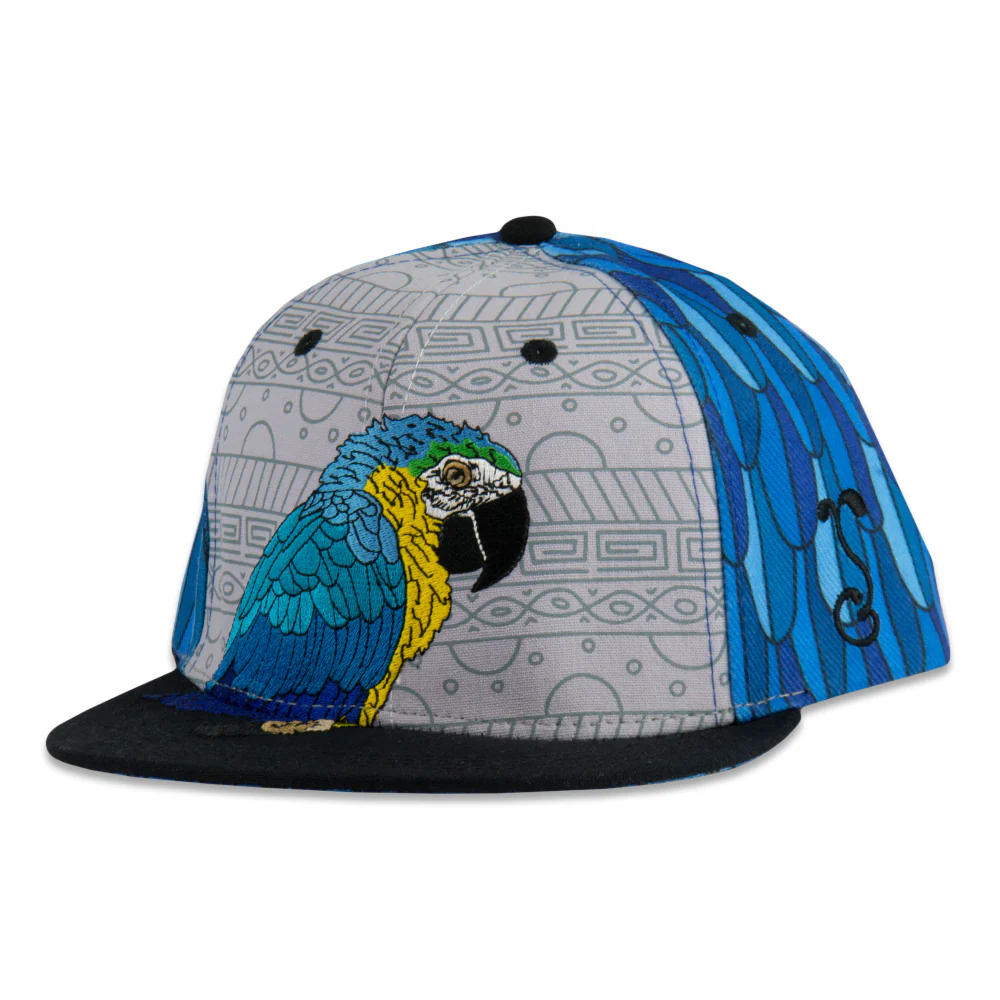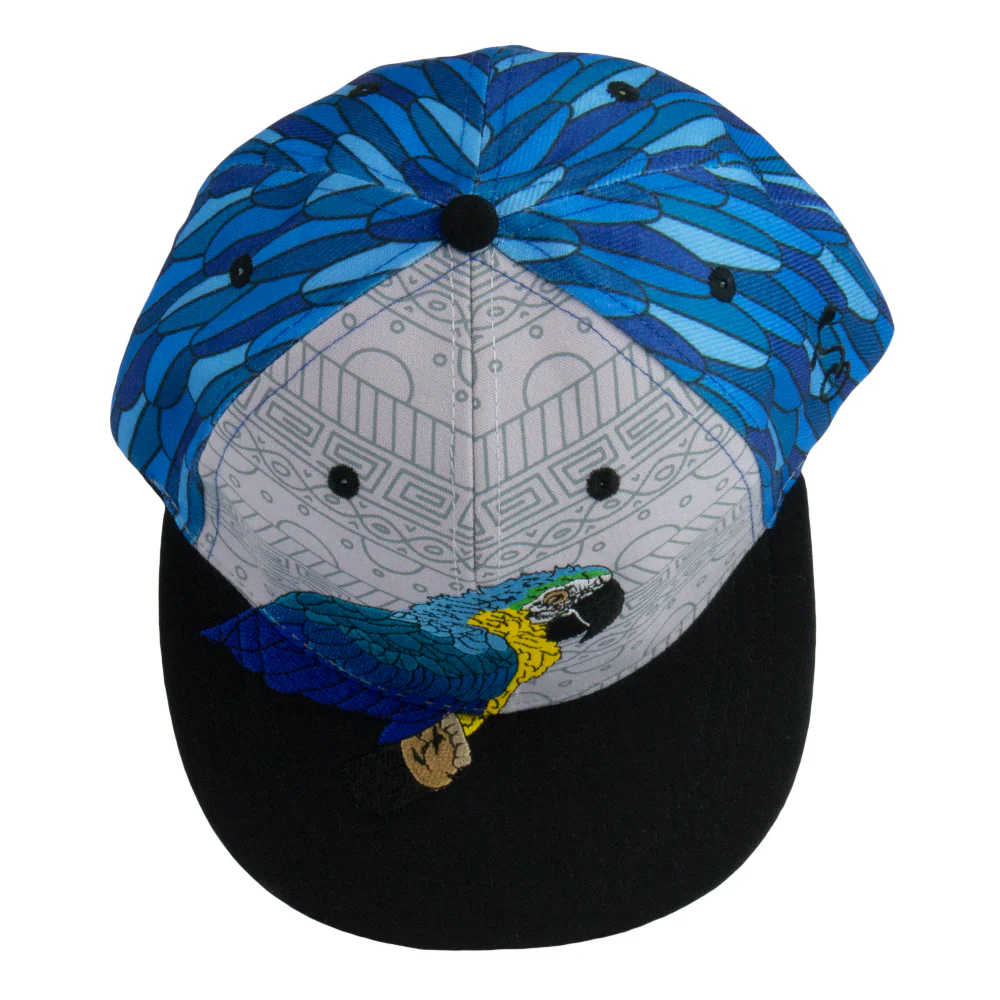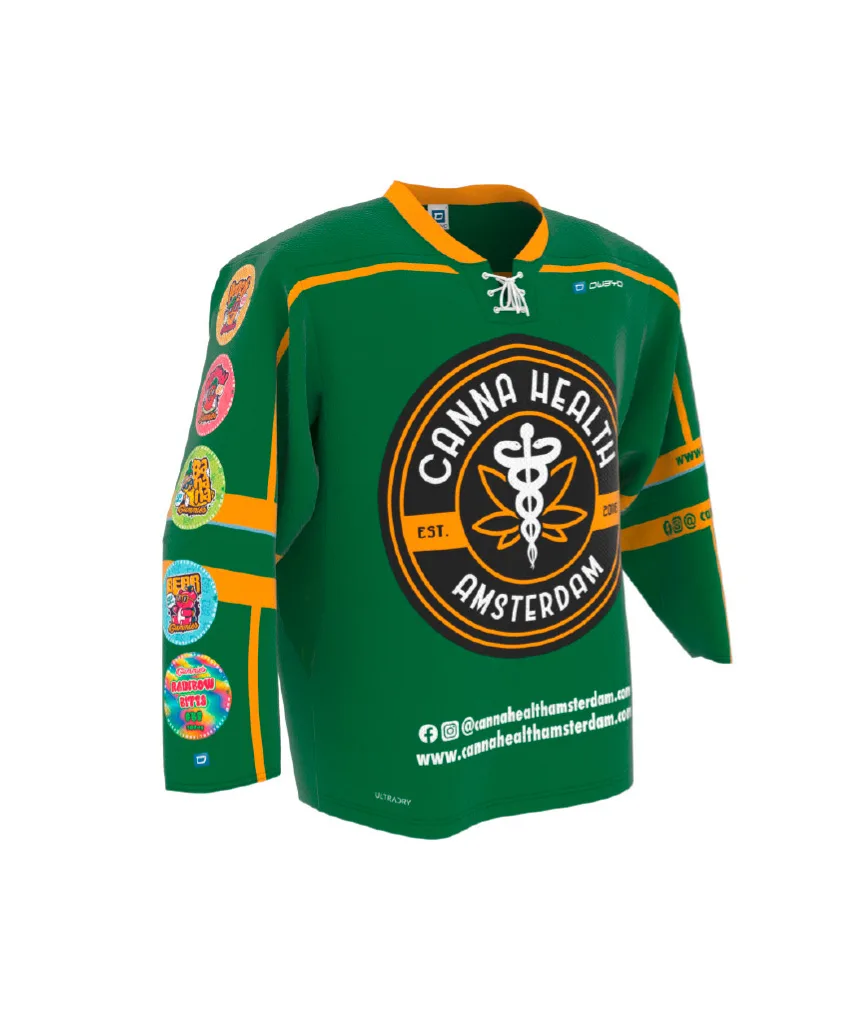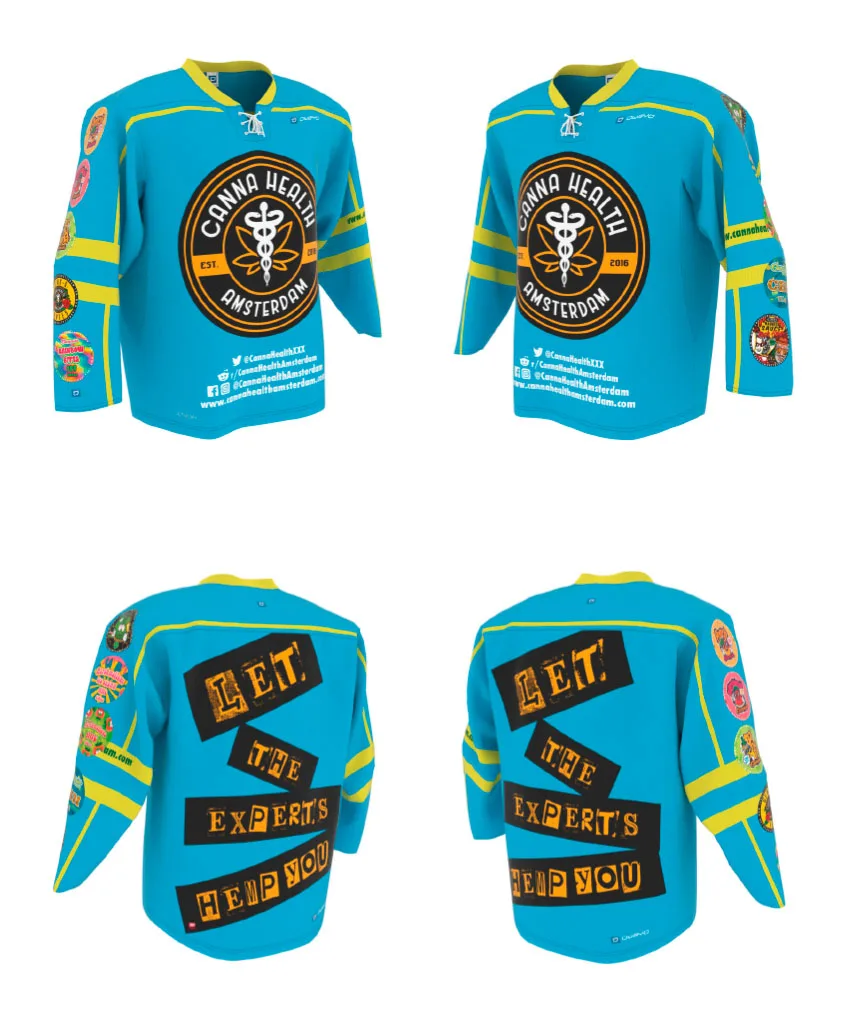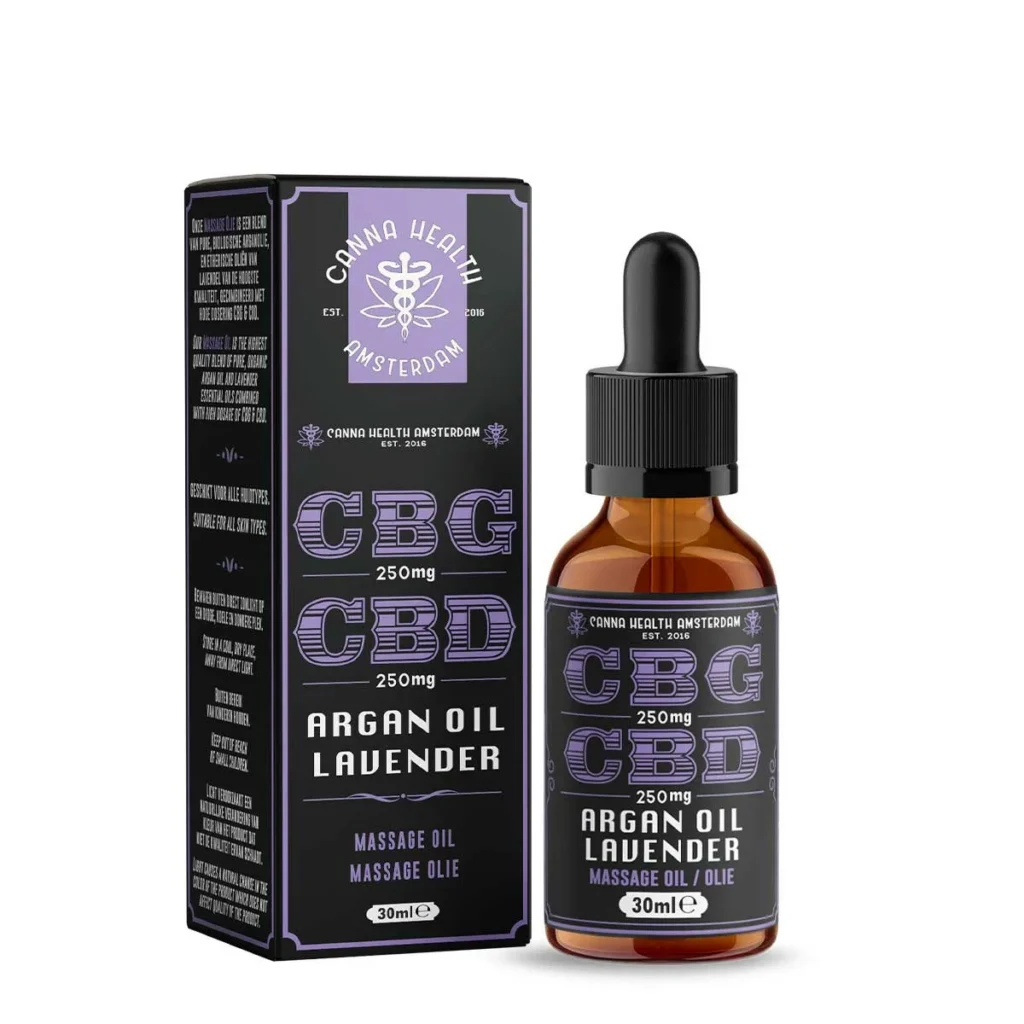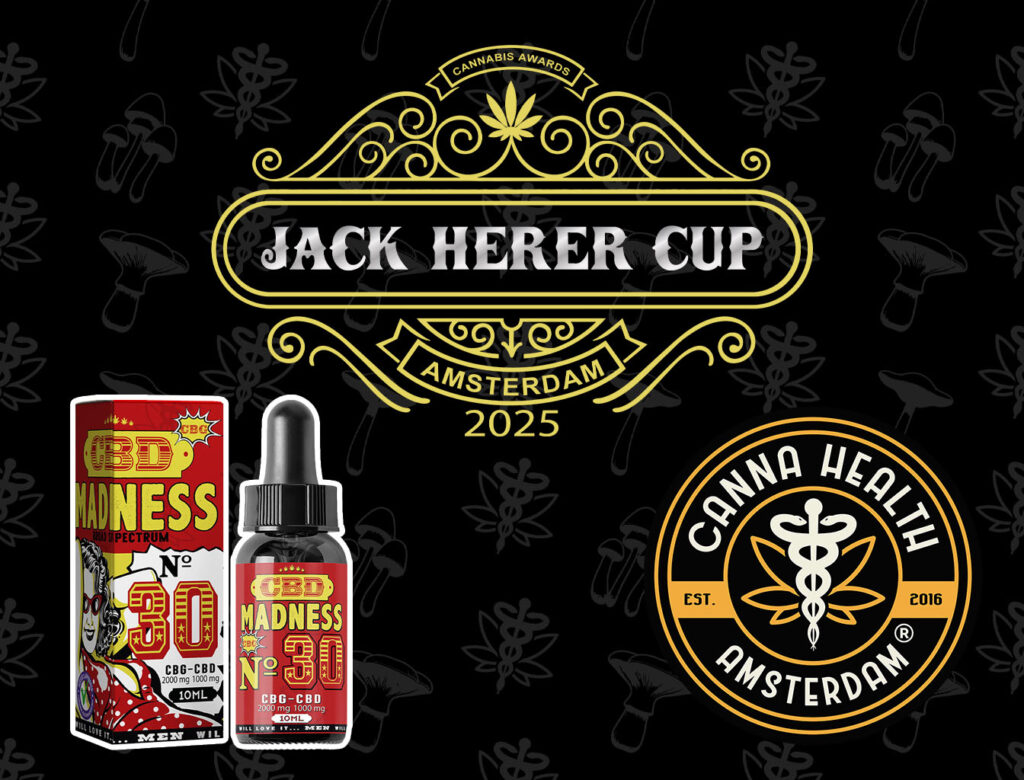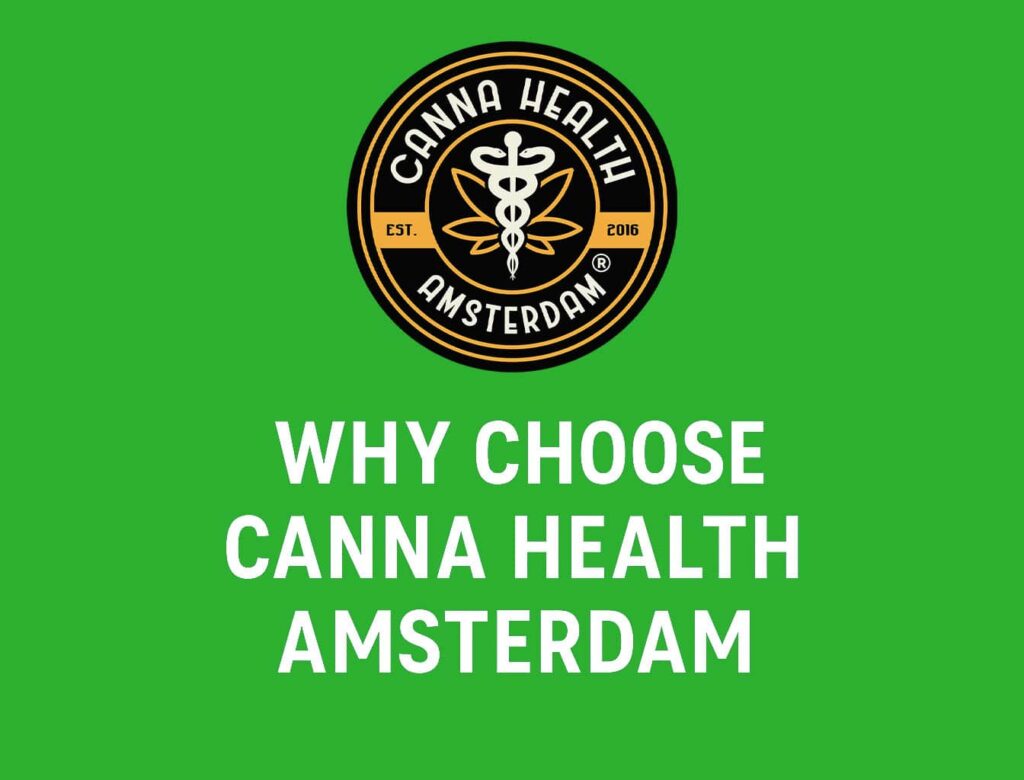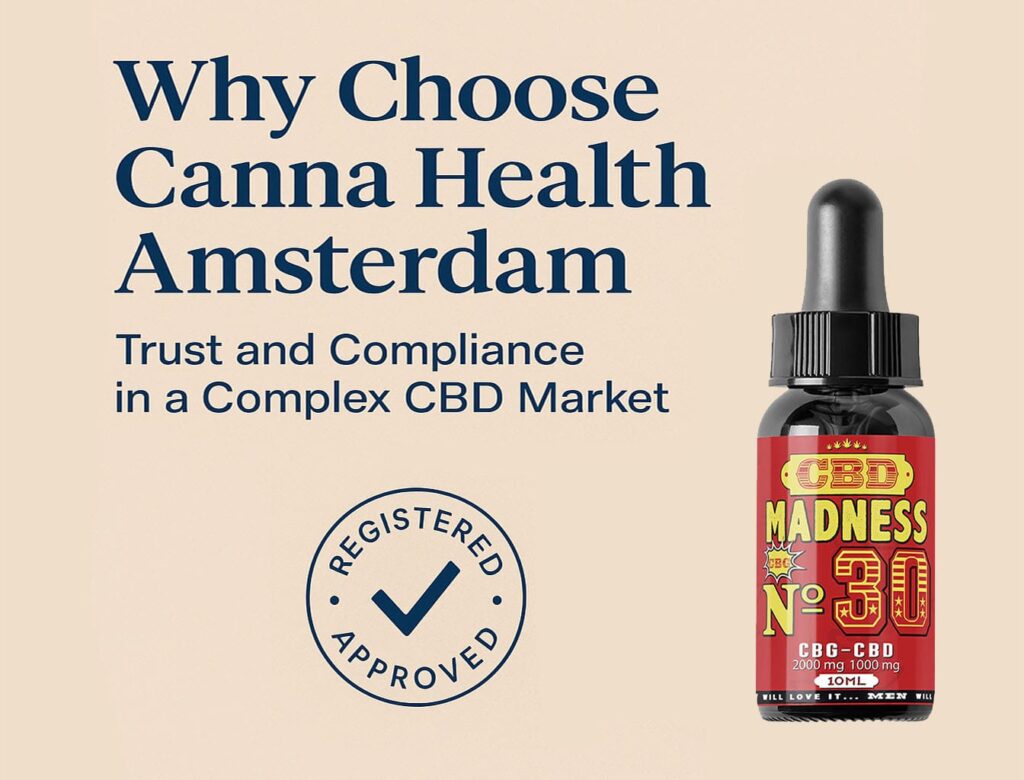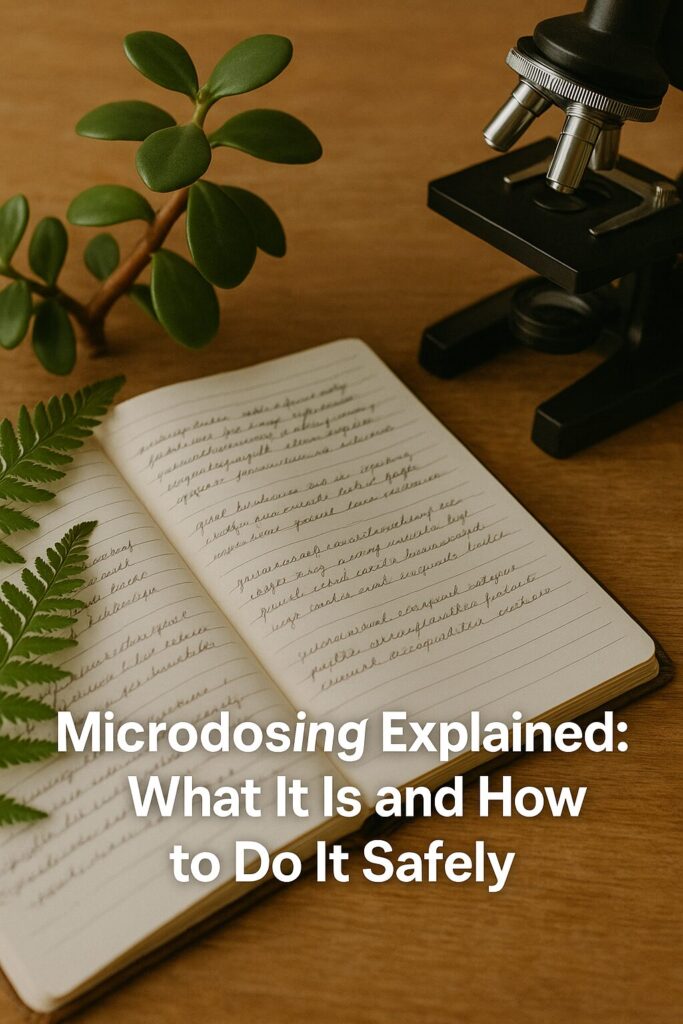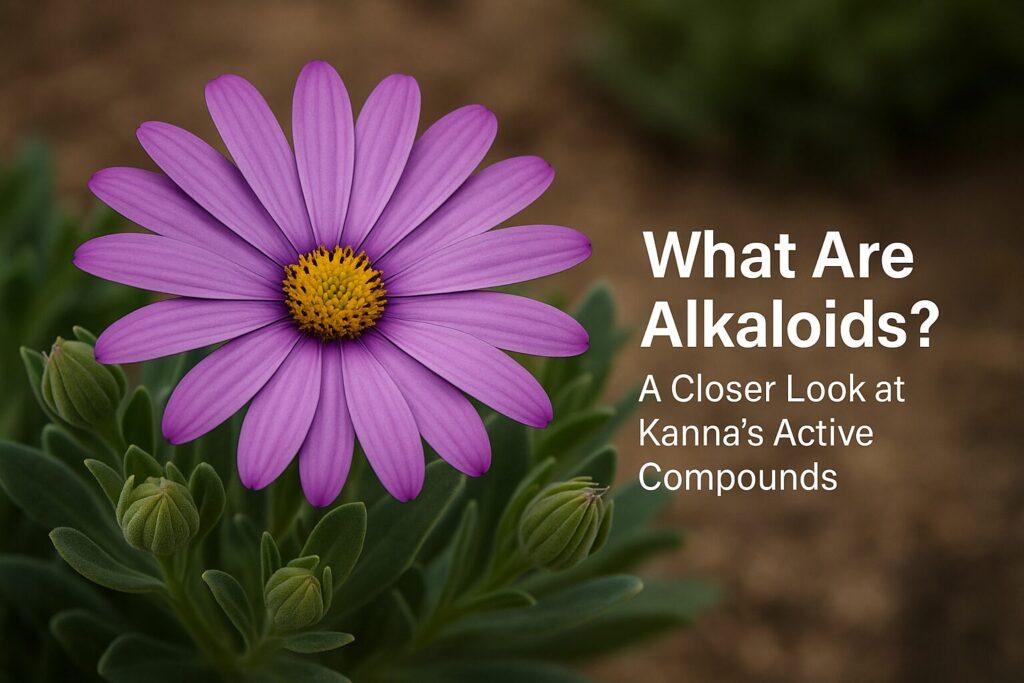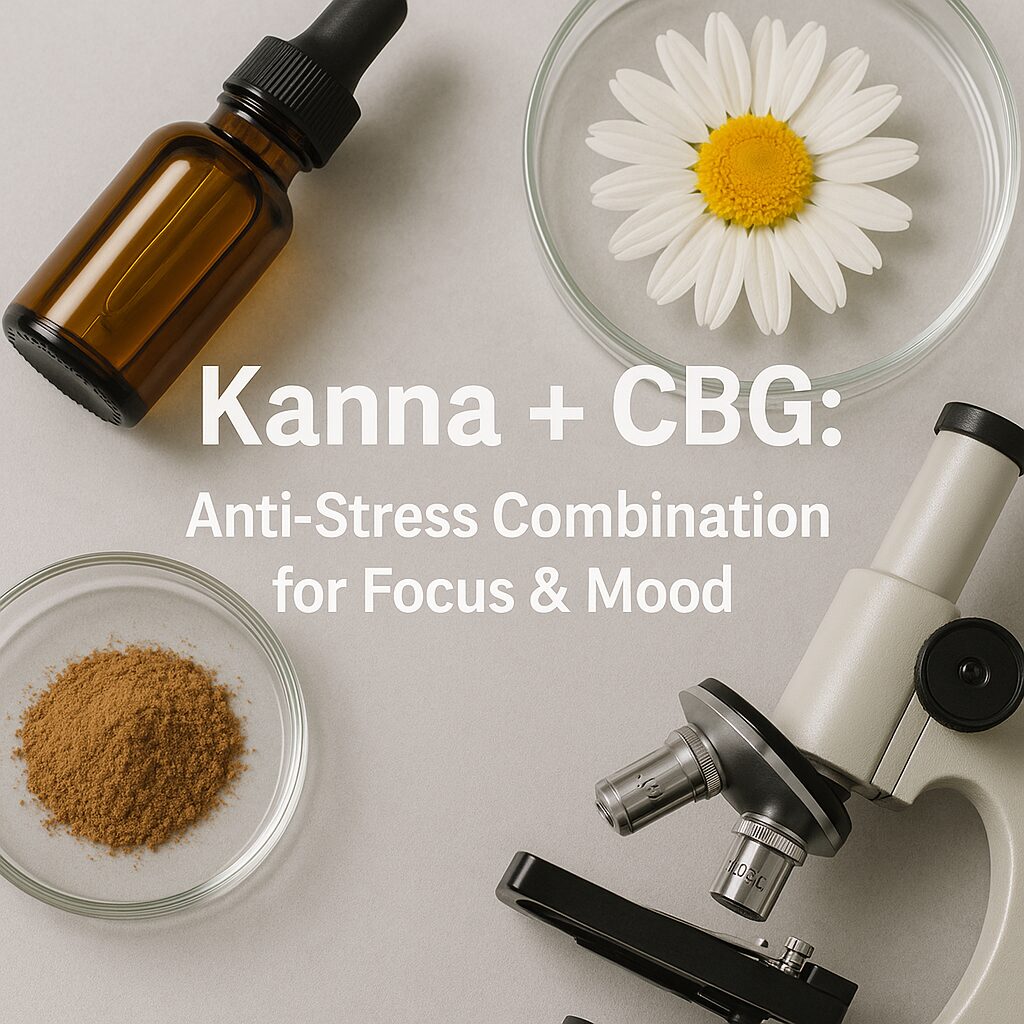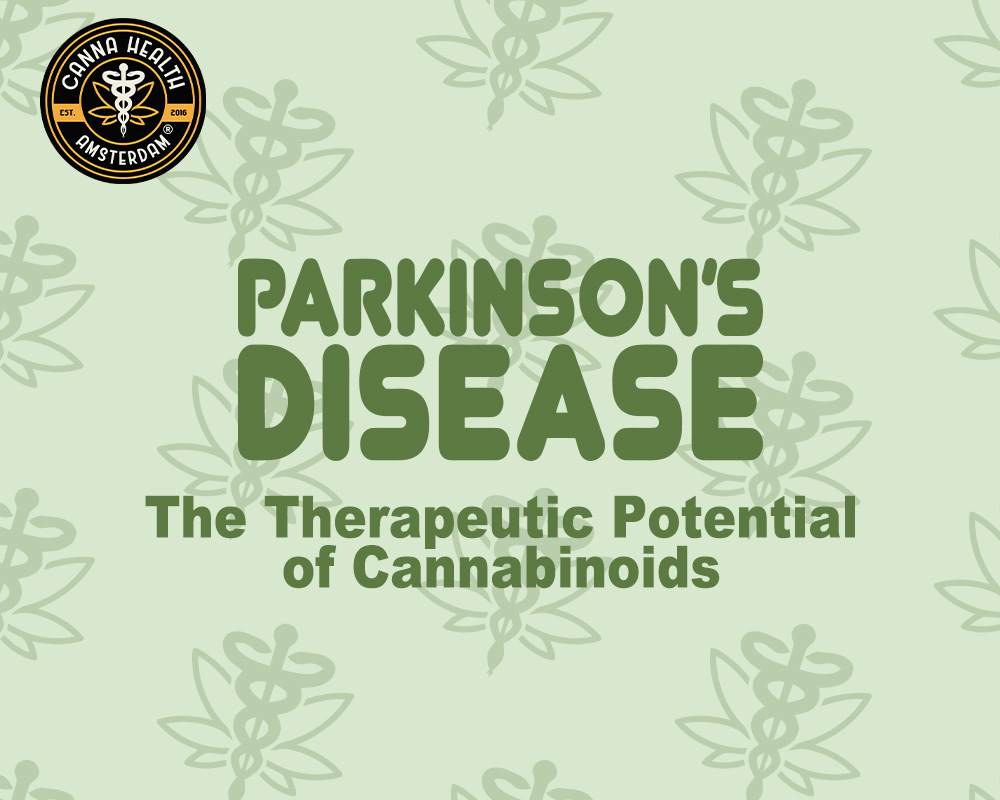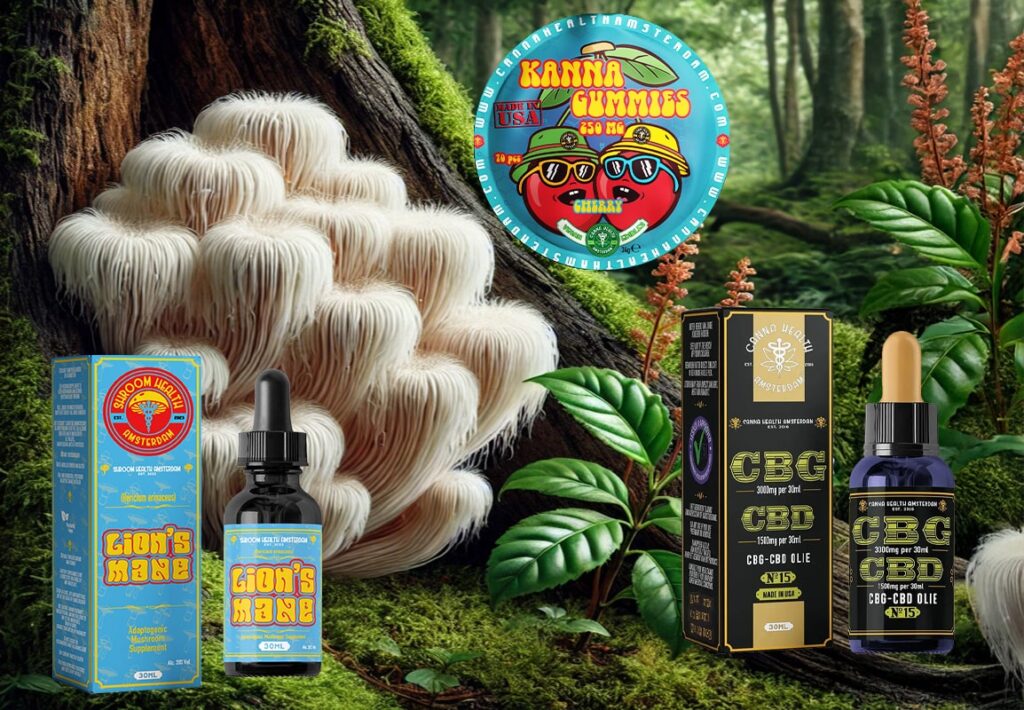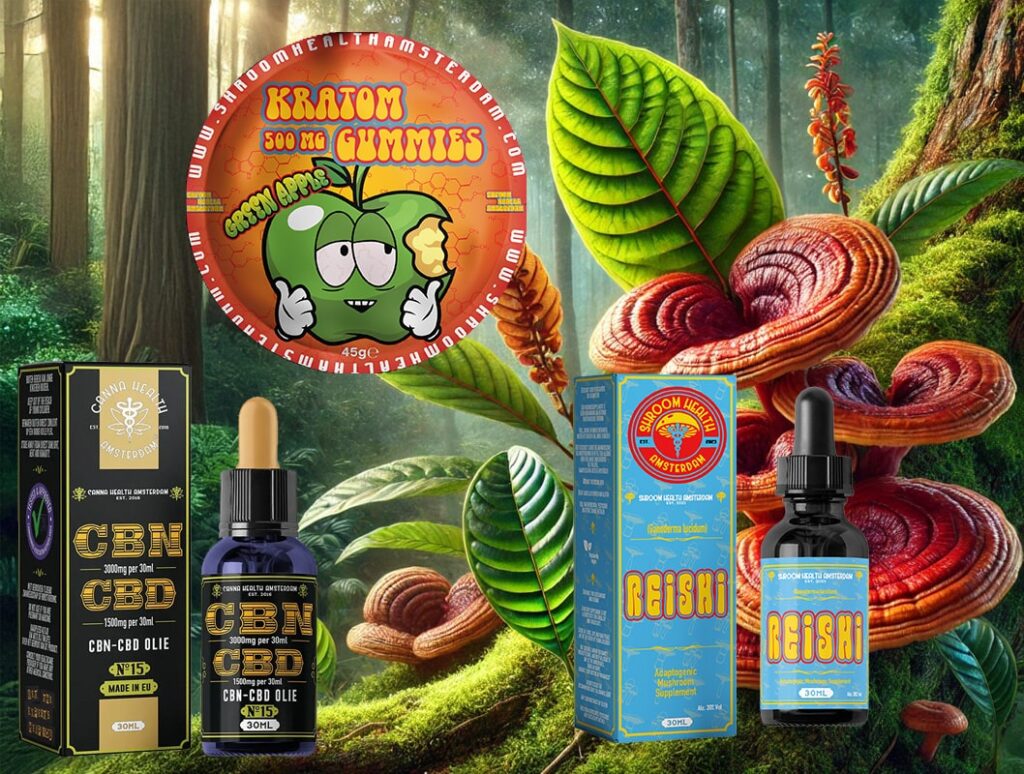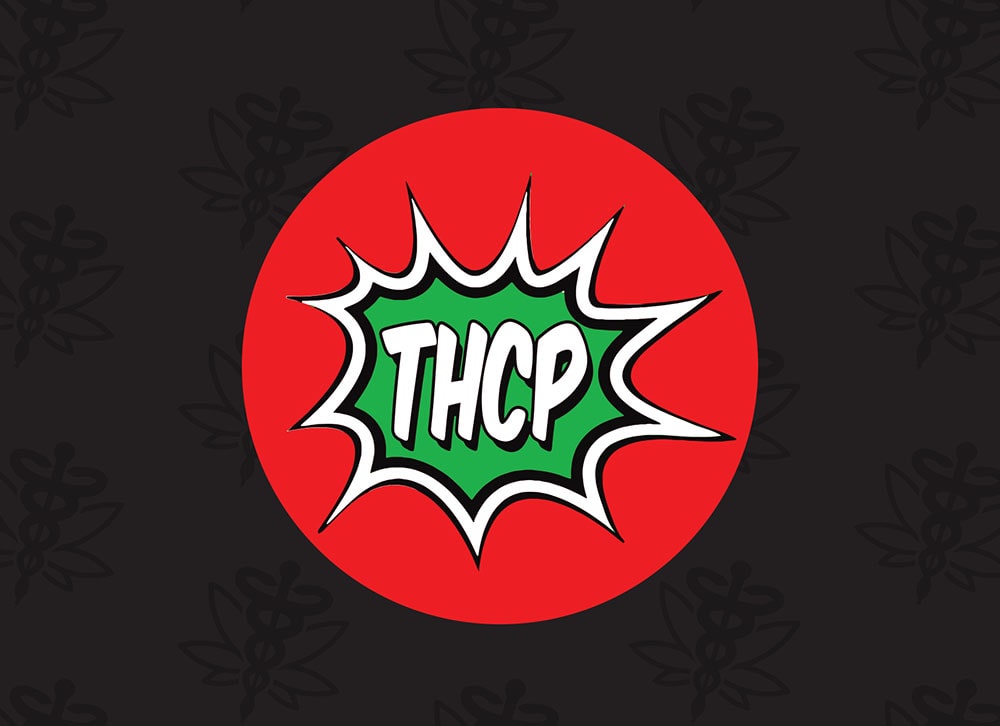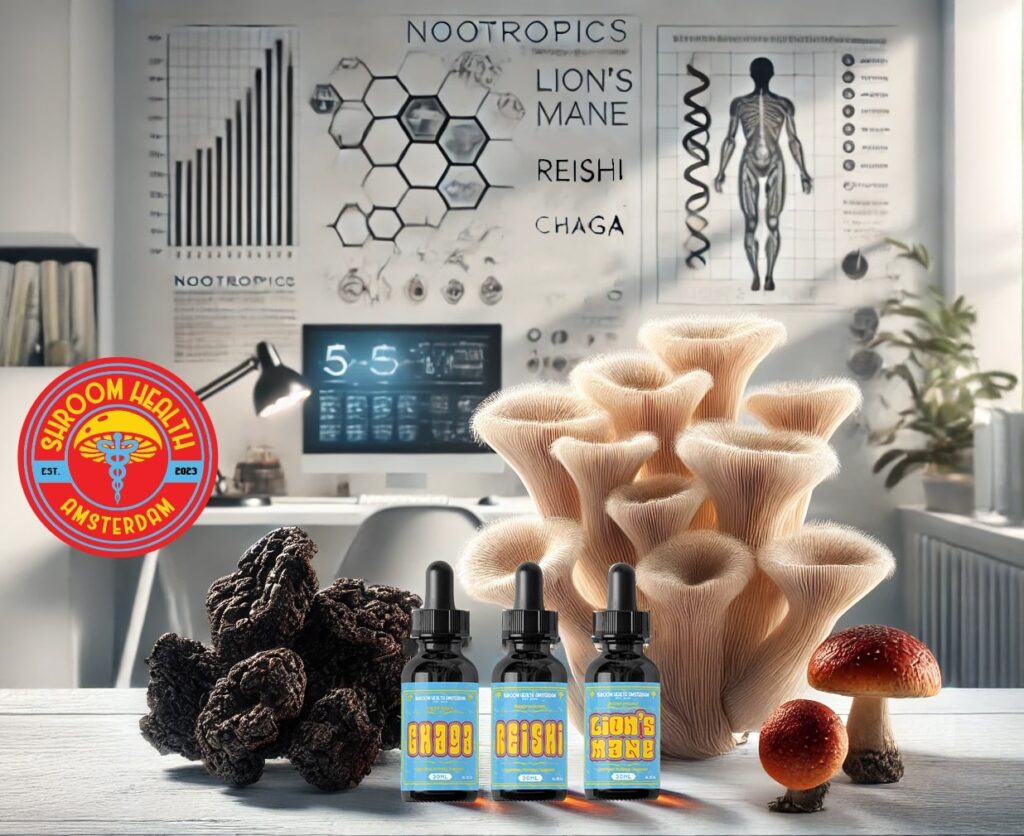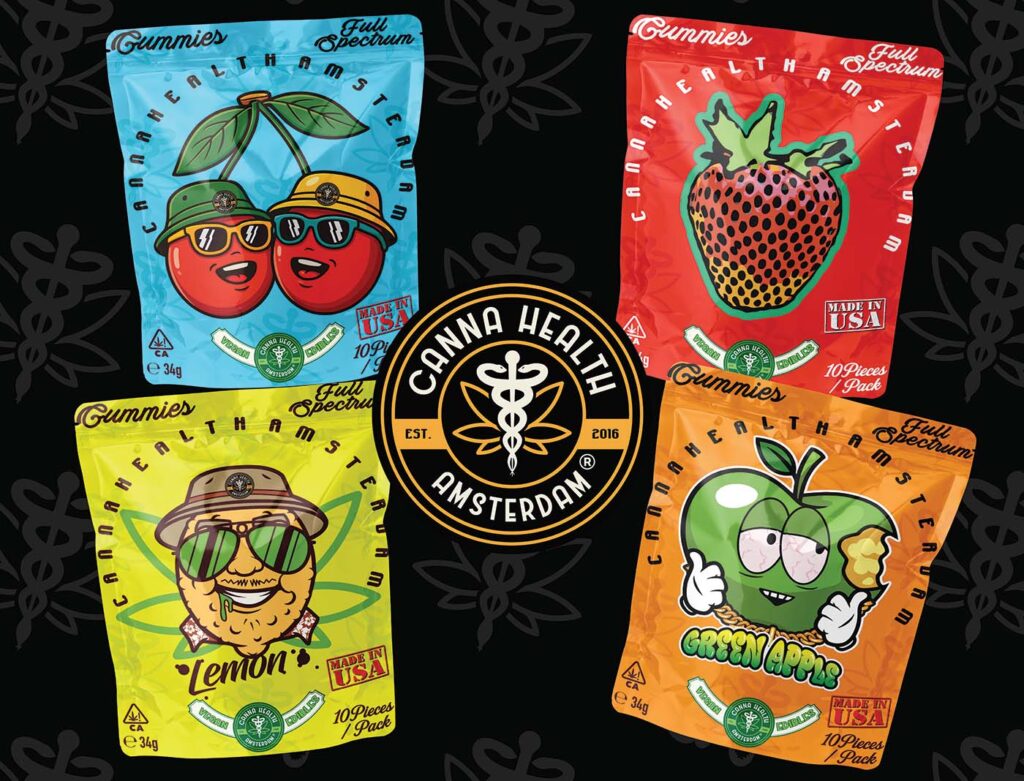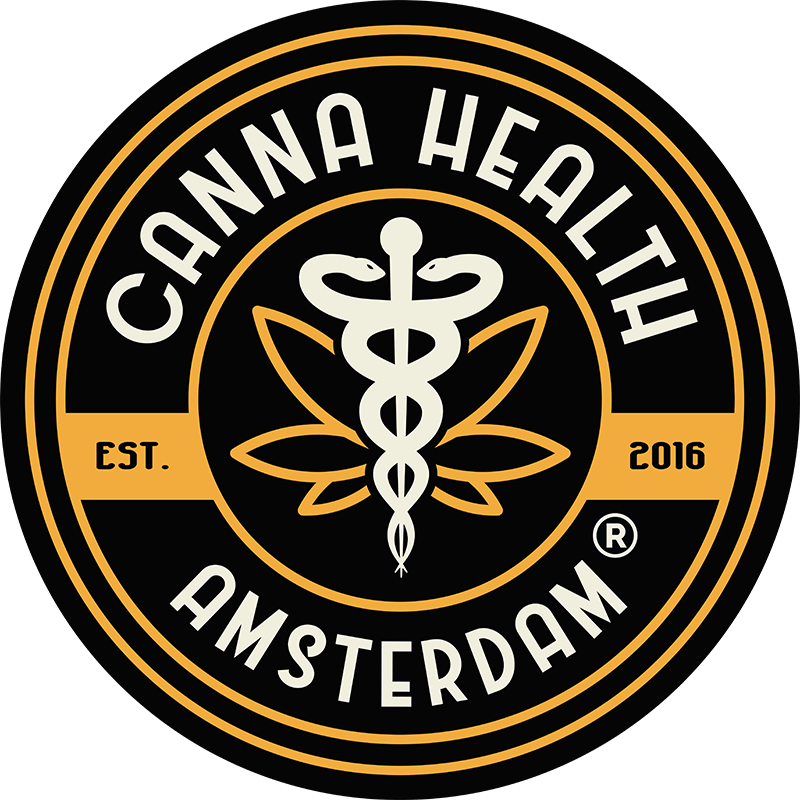
Blog
CBD vs CBG – What’s the Difference and Which One to Use
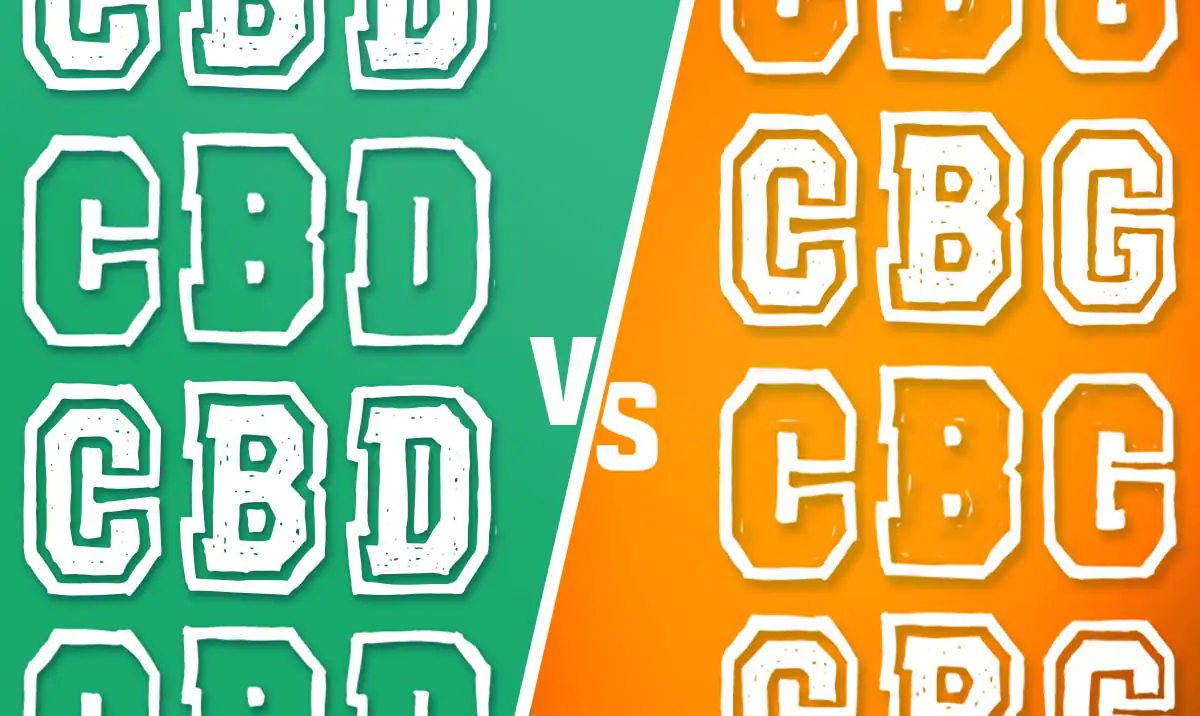
Most people are now familiar with the cannabinoid family found in the cannabis plant. Cannabidiol (CBD) and tetrahydrocannabinol (THC) receive the most attention in public discussions and scientific literature. However, these are not the only cannabinoids present in hemp.
Another compound that has gained increasing attention in research and product development is cannabigerol (CBG). This article provides an educational overview of CBD and CBG, explaining how researchers describe their similarities, differences, and legal status—without offering medical advice or recommendations.
Cannabinoids in Cannabis Sativa
Cannabis sativa contains hundreds of naturally occurring compounds, including cannabinoids, terpenes, and flavonoids. Among these, cannabinoids often receive the most scientific attention due to their interaction with biological systems.
CBD and CBG both belong to this cannabinoid group. While CBD has been studied extensively for many years, CBG has emerged more recently as a topic of academic and commercial interest.
What Is CBD?
CBD (cannabidiol) is one of the most widely researched cannabinoids found in the cannabis plant. It typically appears in relatively high concentrations, especially in hemp varieties bred for low THC content.
Scientific literature describes CBD as non-intoxicating. Researchers examine CBD primarily to understand how it interacts with biological pathways, receptors, and signalling systems. As a result, CBD frequently appears in research discussions, regulatory reviews, and product formulation studies.
What Is CBG?
CBG (cannabigerol) is often described as a precursor cannabinoid. In the plant’s early growth stages, CBG appears in its acidic form (CBG-A). As the plant matures, enzymes convert CBG-A into other cannabinoids, including CBD and THC.
Because of this process, mature cannabis plants usually contain only small amounts of CBG. For this reason, researchers and producers often describe CBG as a minor cannabinoid, despite its central role in cannabinoid biosynthesis.
Similarities Between CBD and CBG
CBD and CBG share several important characteristics:
Both are non-intoxicating
Neither produces the “high” associated with THC
Both appear frequently in scientific discussions related to cannabinoid research
Because of these similarities, academic literature often groups CBD and CBG together when discussing non-psychotropic cannabinoids.
Key Differences Between CBD and CBG
Although CBD and CBG belong to the same compound family, researchers describe several differences between them.
Molecular Structure
CBD and CBG have distinct molecular structures. Their atoms are arranged differently, resulting in unique three-dimensional shapes. Because of this, researchers observe that each compound interacts differently with receptors and signalling pathways in laboratory models.
Concentration in the Plant
CBD typically appears in higher concentrations in hemp plants. In contrast, CBG is usually present in much smaller amounts—often around 1% or less in mature plants.
This difference also affects cultivation and production. Extracting meaningful quantities of CBG often requires specialised growing and processing techniques.
Interaction With Biological Systems (Research Context)
Researchers describe CBD as interacting indirectly with cannabinoid-related receptors and other molecular targets. In contrast, laboratory studies suggest that CBG interacts more directly with certain receptor systems.
These observations help scientists understand why CBD and CBG appear differently in research literature. Importantly, these findings describe mechanisms, not outcomes or approved uses.
Appetite-Related Research Observations
Some animal studies explore how cannabinoids influence feeding behaviour. In these experimental models, researchers observed differing effects between CBD and CBG.
However, these findings remain limited to controlled research environments. Scientists consistently caution that animal study results cannot be directly applied to humans.
Legal Status of CBD and CBG
CBD and CBG are generally described as non-intoxicating cannabinoids. In many regions, hemp-derived cannabinoids are legally permitted when products comply with local regulations, particularly THC limits.
For example, in the United States and parts of Europe, hemp-derived products are typically allowed provided they remain below specified THC thresholds. However, laws vary by country and region, so regulatory compliance depends on local legislation.
CBD and CBG in Research Literature
Research Context for CBD
Scientific literature includes a large body of research on CBD. Studies explore its chemistry, receptor interactions, and role within the endocannabinoid system. Some pharmaceutical applications of CBD have also undergone regulatory review.
Research Context for CBG
By comparison, CBG research remains more limited. Most available data comes from laboratory and preclinical studies. As a result, researchers frequently emphasise the need for further investigation, particularly in human clinical settings.
CBD and CBG in Combination Research
Some studies examine cannabinoids in combination rather than in isolation. In these contexts, researchers explore how multiple cannabinoids interact within experimental models.
These studies contribute to broader scientific discussions about cannabinoid synergy and plant chemistry. However, they do not establish medical guidance or therapeutic recommendations.
Product Transparency and Consumer Awareness
Educational sources often stress the importance of product transparency when discussing cannabinoid-based products. Common quality indicators include:
third-party laboratory testing
published Certificates of Analysis (COAs)
clear cannabinoid profiles
These practices help ensure consistency and regulatory compliance across cannabinoid products.
Conclusion
CBD and CBG are two non-intoxicating cannabinoids that continue to attract scientific and commercial interest. While CBD remains the most extensively studied, CBG has gained attention due to its role as a precursor compound and its unique chemical profile.
Understanding the similarities and differences between CBD and CBG provides valuable context for ongoing research discussions. As cannabinoid science continues to evolve, both compounds remain important subjects within broader studies of cannabis chemistry and biology.
CBD Products
10% CBD Oil – 3000 mg CBD

Kick the stressors of your hectic work and personal life. Experience a profound sense of relief and relaxation with the purest 10% CBD Oil.
CBD binds to brain receptors to improve mood, reduce stress, regulate sleep, and possibly relieve pain. 10% CBD Oil contains 0% THC, which means zero psychoactive effects—you can indulge anytime and anywhere.
100% NATURAL - VEGAN - GLUTEN-FREE - 0% THC
15th Anniversary Black T Shirt
No Return Policy: No returns or exchanges are accepted. Please make sure to review your order carefully before completing your purchase.
20% CBD Oil – 6000 mg CBD
5% CBD Oil – 1500 mg CBD
A clearer mind, uplifted mood, and a state of relaxation.
5% CBD Oil is the product of choice for anyone who wants to enter the wondrous world of CBD benefits. CBD binds to brain receptors to improve mood, reduce stress, regulate sleep, and possibly relieve pain.
100% Natural - Gluten Free - Vegan - 0% THC
50% CBD Oil – 5000 mg – 10ml
Adaptogenic Mushroom Tincture Bundle – Lion’s Mane, Reishi & Chaga
Banana OG Hybrid Feminized Seeds – Canna Health Amsterdam
Banana feminized seeds – a tropical USA hybrid (Banana OG Hybrid). Sweet banana aroma, high resin production, and a balanced euphoric high. Perfect for all growers!
Bigfoot One Meditation Moodmat
Blue Gold Macaw Feathers Snapback Hat
Introducing the Blue Gold Macaw Feathers Snapback Hat by Grassroots California – a beautifully designed hat featuring fine hemp front panels and a striking embroidered macaw design.
No Return Policy: No returns or exchanges are accepted. Please make sure to review your order carefully before completing your purchase.
Canna Health Amsterdam Official Hockey Jersey – Edition 2016-2021
Canna Health Amsterdam Official Hockey Jersey – Edition 2022
CBD – CBG MASSAGE OIL: Argan Oil & Lavender – 250 mg CBD, 250 mg CBG
CBG Products
10% CBD Oil – 3000 mg CBD

Kick the stressors of your hectic work and personal life. Experience a profound sense of relief and relaxation with the purest 10% CBD Oil.
CBD binds to brain receptors to improve mood, reduce stress, regulate sleep, and possibly relieve pain. 10% CBD Oil contains 0% THC, which means zero psychoactive effects—you can indulge anytime and anywhere.
100% NATURAL - VEGAN - GLUTEN-FREE - 0% THC
15th Anniversary Black T Shirt
No Return Policy: No returns or exchanges are accepted. Please make sure to review your order carefully before completing your purchase.
20% CBD Oil – 6000 mg CBD
5% CBD Oil – 1500 mg CBD
A clearer mind, uplifted mood, and a state of relaxation.
5% CBD Oil is the product of choice for anyone who wants to enter the wondrous world of CBD benefits. CBD binds to brain receptors to improve mood, reduce stress, regulate sleep, and possibly relieve pain.
100% Natural - Gluten Free - Vegan - 0% THC
50% CBD Oil – 5000 mg – 10ml
Adaptogenic Mushroom Tincture Bundle – Lion’s Mane, Reishi & Chaga
Banana OG Hybrid Feminized Seeds – Canna Health Amsterdam
Banana feminized seeds – a tropical USA hybrid (Banana OG Hybrid). Sweet banana aroma, high resin production, and a balanced euphoric high. Perfect for all growers!
Bigfoot One Meditation Moodmat
Blue Gold Macaw Feathers Snapback Hat
Introducing the Blue Gold Macaw Feathers Snapback Hat by Grassroots California – a beautifully designed hat featuring fine hemp front panels and a striking embroidered macaw design.
No Return Policy: No returns or exchanges are accepted. Please make sure to review your order carefully before completing your purchase.
Canna Health Amsterdam Official Hockey Jersey – Edition 2016-2021
Canna Health Amsterdam Official Hockey Jersey – Edition 2022
CBD – CBG MASSAGE OIL: Argan Oil & Lavender – 250 mg CBD, 250 mg CBG
Disclaimer: This blog is for informational and educational purposes only. We review and reference available studies and reputable sources; however, content may not reflect the most current research or regulations and should not be taken as medical, legal, or professional advice. We do not make or imply health claims. Products mentioned are not intended to diagnose, treat, cure, or prevent any disease and statements have not been evaluated by EFSA or the FDA. Effects can vary between individuals. Always consult a qualified healthcare professional before use and verify that any product or ingredient is lawful in your jurisdiction.

